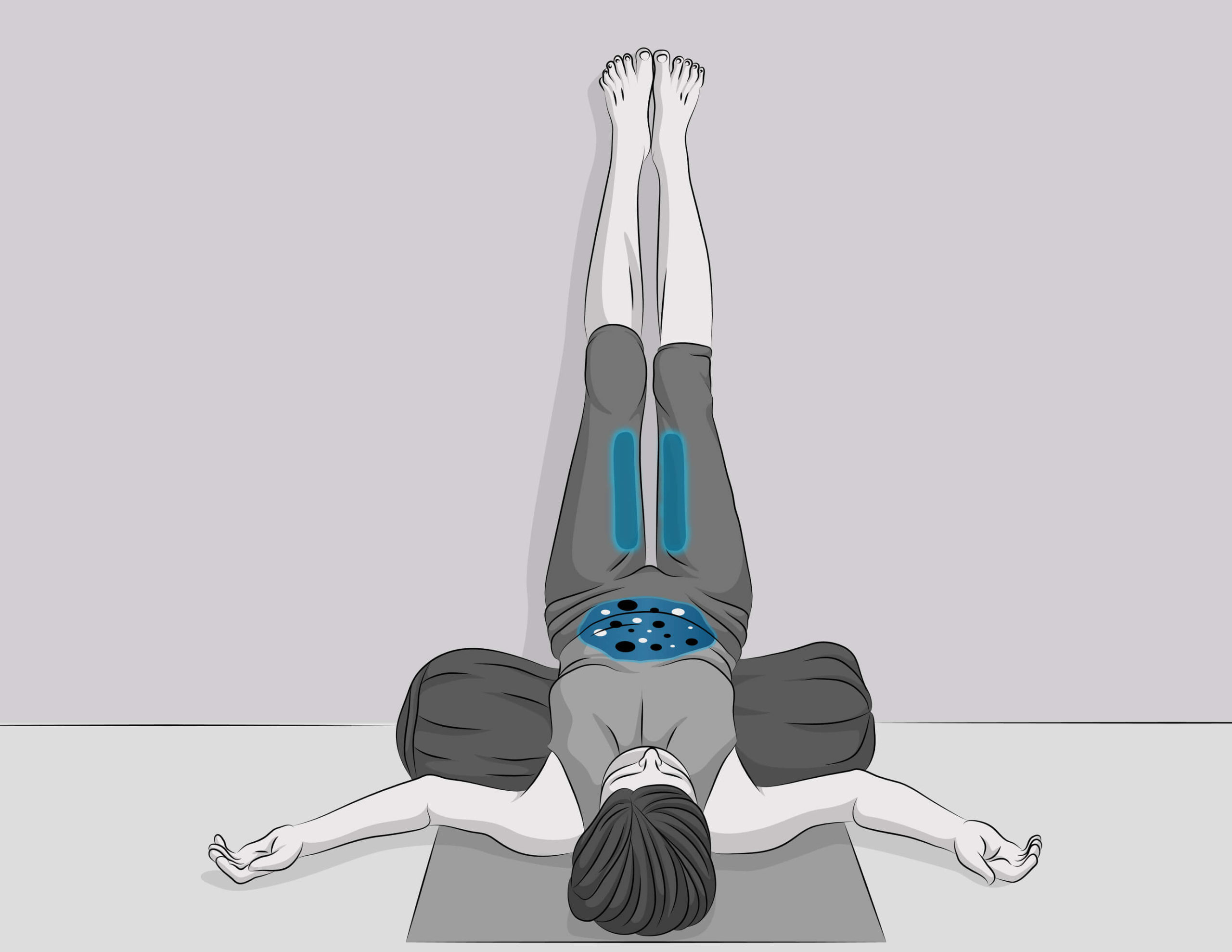Understanding Sleep and Its Importance
Sleep is an essential function that allows the body and mind to recharge, leaving you refreshed and alert when you wake up. Healthy sleep also helps the body remain healthy and stave off diseases. Without enough sleep, the brain cannot function properly, affecting your cognitive functions and emotional state. A chronic lack of sleep increases the risk of a range of health issues, underscoring the crucial role of sleep in maintaining overall health and well-being.
Physical Health Benefits of Sleep
During sleep, your body is working to support healthy brain function and maintain your physical health. In children and teens, sleep also helps support growth and development. Sleep plays a vital role in the healing and repair of your heart and blood vessels. It is closely linked to a variety of health benefits, including reduced risk of cardiovascular disease, diabetes, obesity, and certain cancers. The reason lies in the way sleep interacts with the hormones that regulate processes like appetite, metabolism, and the immune response. Thus, getting adequate rest can be seen as an investment in your long-term physical health.
Mental Health and Cognitive Function
There is a strong relationship between sleep and mental health. Lack of sleep can negatively impact your psychological state and mental health. Chronic sleep deprivation may even raise the risk for conditions such as depression, anxiety, and other mood disorders. Moreover, sleep affects our ability to learn, remember, problem-solve, and make decisions. Adults who consistently get 7 to 8 hours of sleep are more likely to perform better cognitively than those who get less sleep. This connection between sleep and cognitive function highlights the importance of sleep for day-to-day living and long-term mental health.
Sleep and Immune Function
One of the lesser-known benefits of sleep is its impact on the immune system. Adequate sleep can help your immune system stay strong, which is especially crucial during times when illnesses like the flu and the common cold are widespread. Studies have shown that people who don’t get enough quality sleep or suffer from sleep disorders are more susceptible to infectious diseases and can also have a slower response to vaccinations.
The Science of Sleep: Stages and Circadian Rhythms
Sleep is comprised of multiple stages, including REM (rapid eye movement) and several stages of NREM (non-rapid eye movement) sleep. Each stage offers different benefits, and the complete sleep cycle is necessary for optimal health. Additionally, our circadian rhythms play a significant role in regulating our sleep-wake patterns. Disturbances in these natural rhythms can lead to sleep disorders like insomnia or sleep apnea and subsequently affect overall health.
Lifestyle and Sleep Hygiene
Good sleep hygiene practices can help improve the quality of sleep. Some strategies for better sleep include maintaining a regular sleep-wake schedule, ensuring a sleep-conducive environment by keeping the bedroom dark and quiet, avoiding caffeine, alcohol, or large meals before bedtime, and disconnecting from electronic devices an hour or so before sleep. Regular physical activity and stress-reducing practices can also enhance sleep quality and contribute to overall health.
The Impact of Sleep Disorders
Disorders such as insomnia, sleep apnea, restless legs syndrome, and narcolepsy can severely impact health. These conditions can reduce life quality, exacerbate chronic diseases, and lead to a higher risk of accidents. Early diagnosis and treatment of sleep disorders are crucial for maintaining health and preventing further complications.
In conclusion, the role of sleep goes beyond simply feeling rested. A healthy sleep pattern is a fundamental component in physical health, cognitive function, and mental wellness. It helps our bodies repair, our brains to process information and our immune systems to defend. By prioritizing sleep, we invest in our overall health and ensure that our bodies and minds are functioning optimally.




